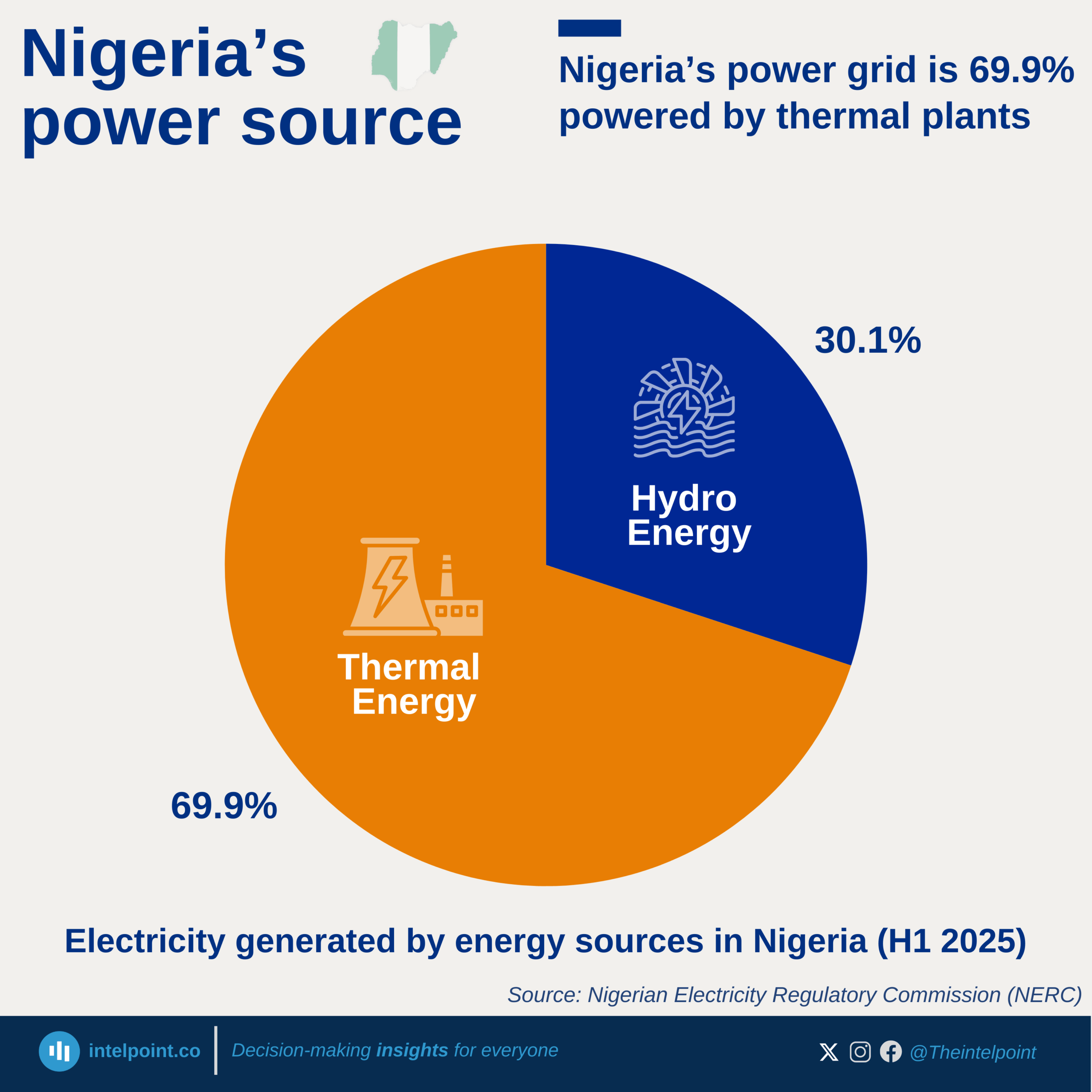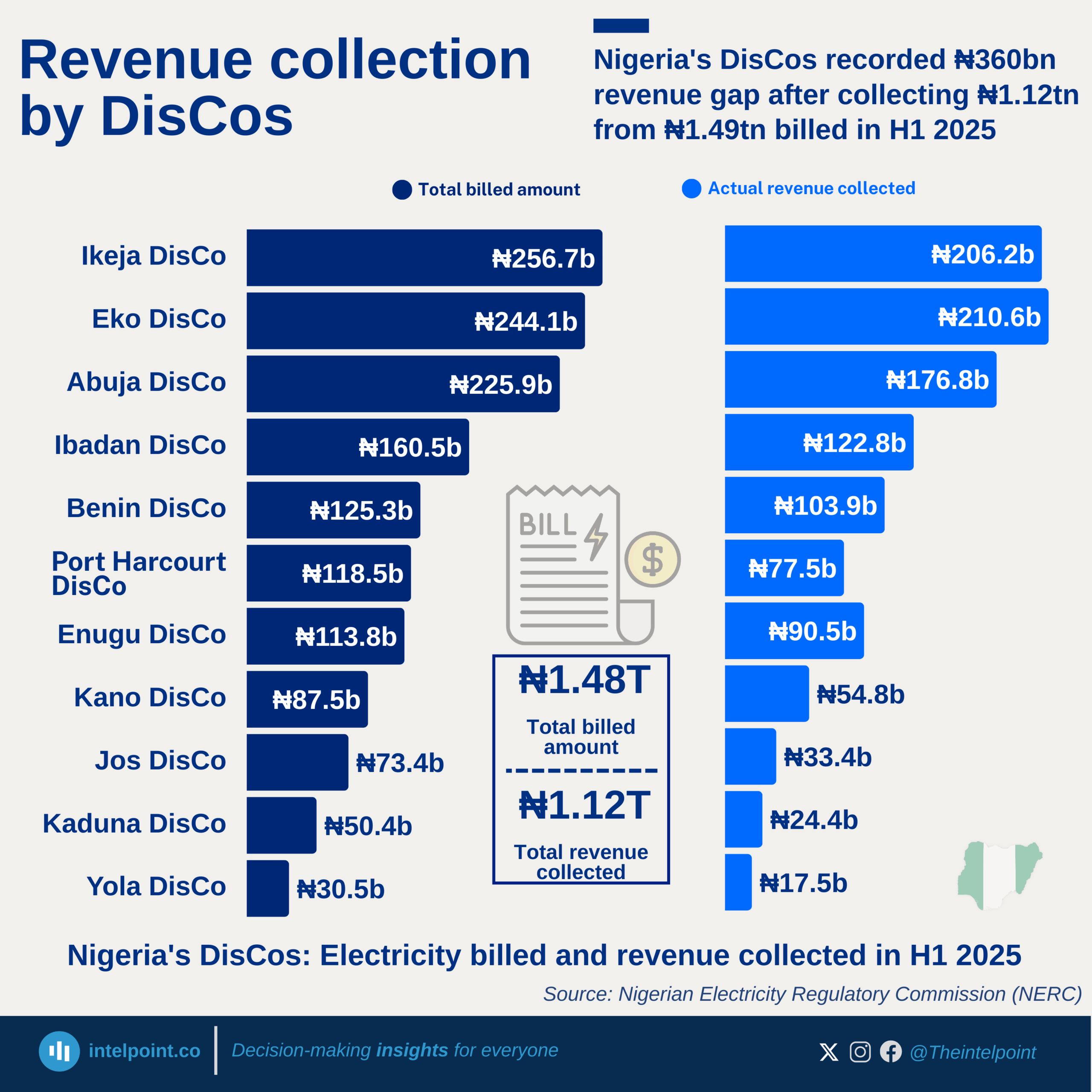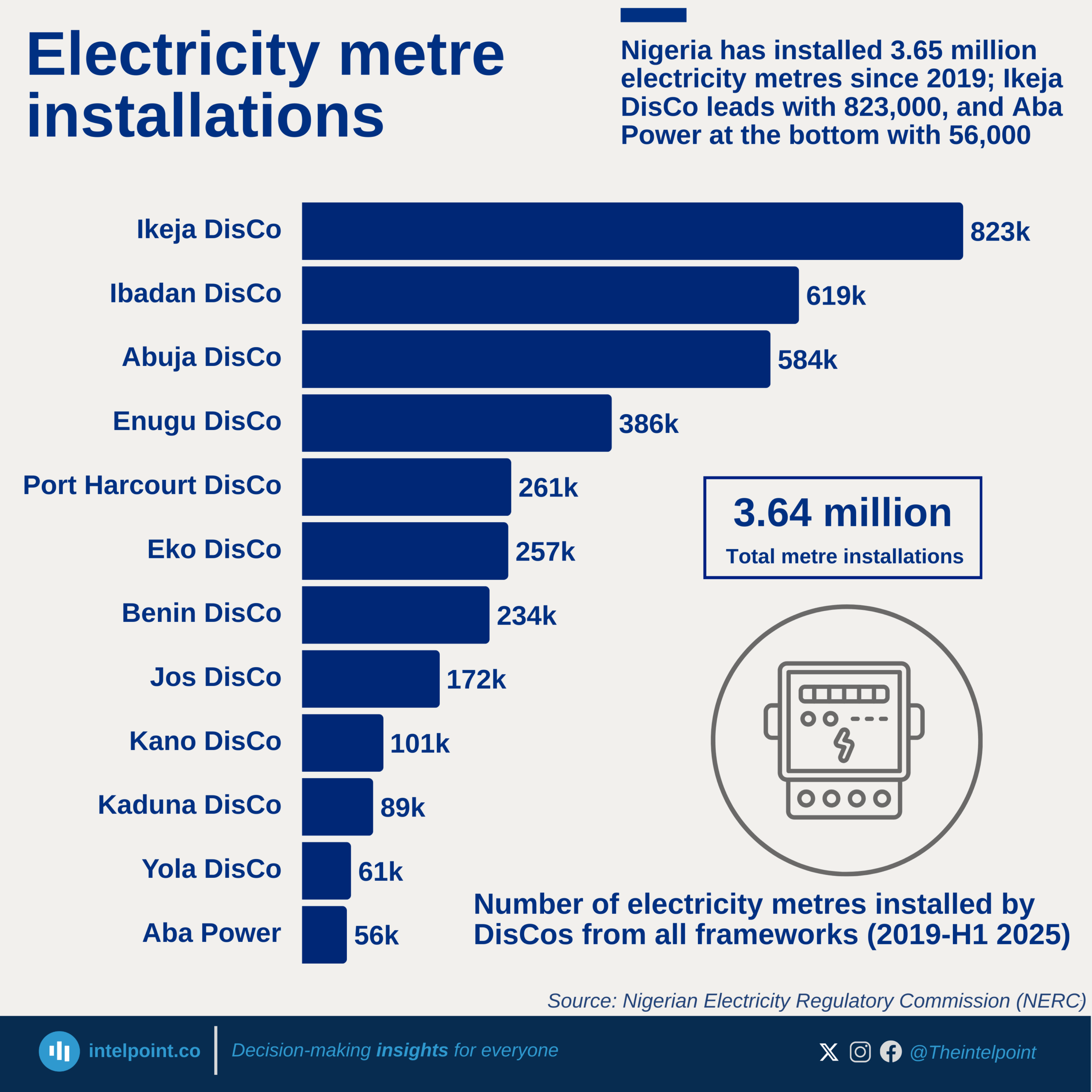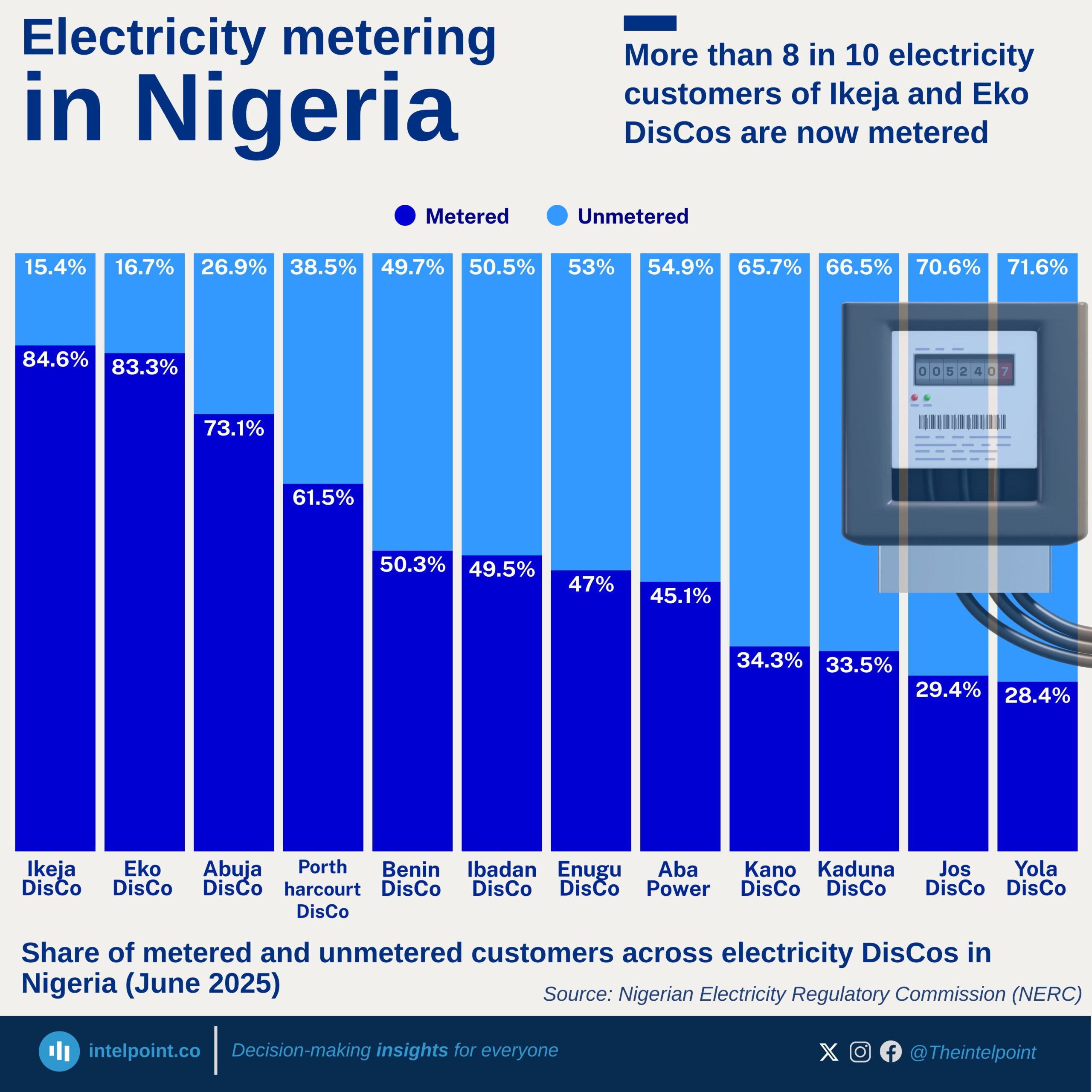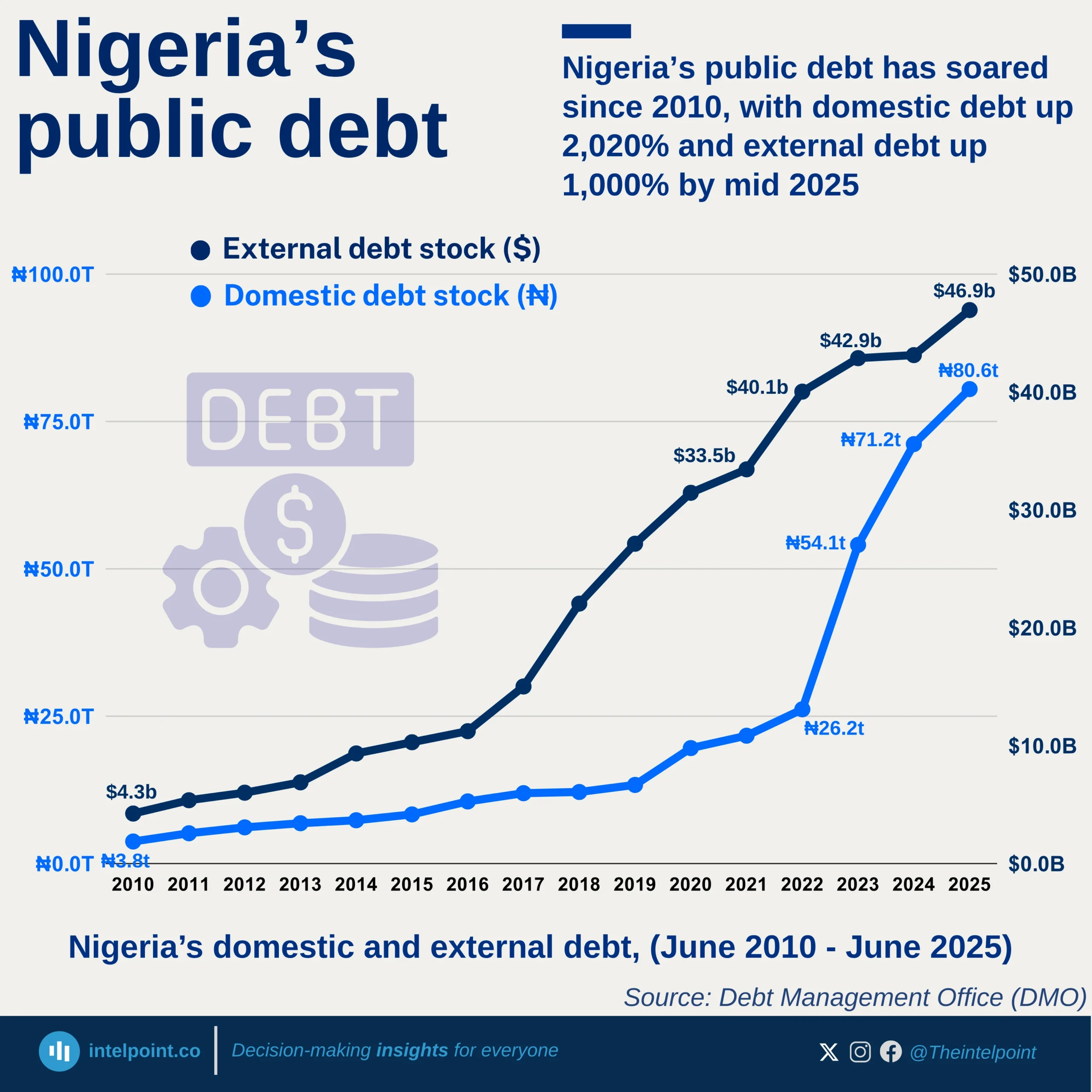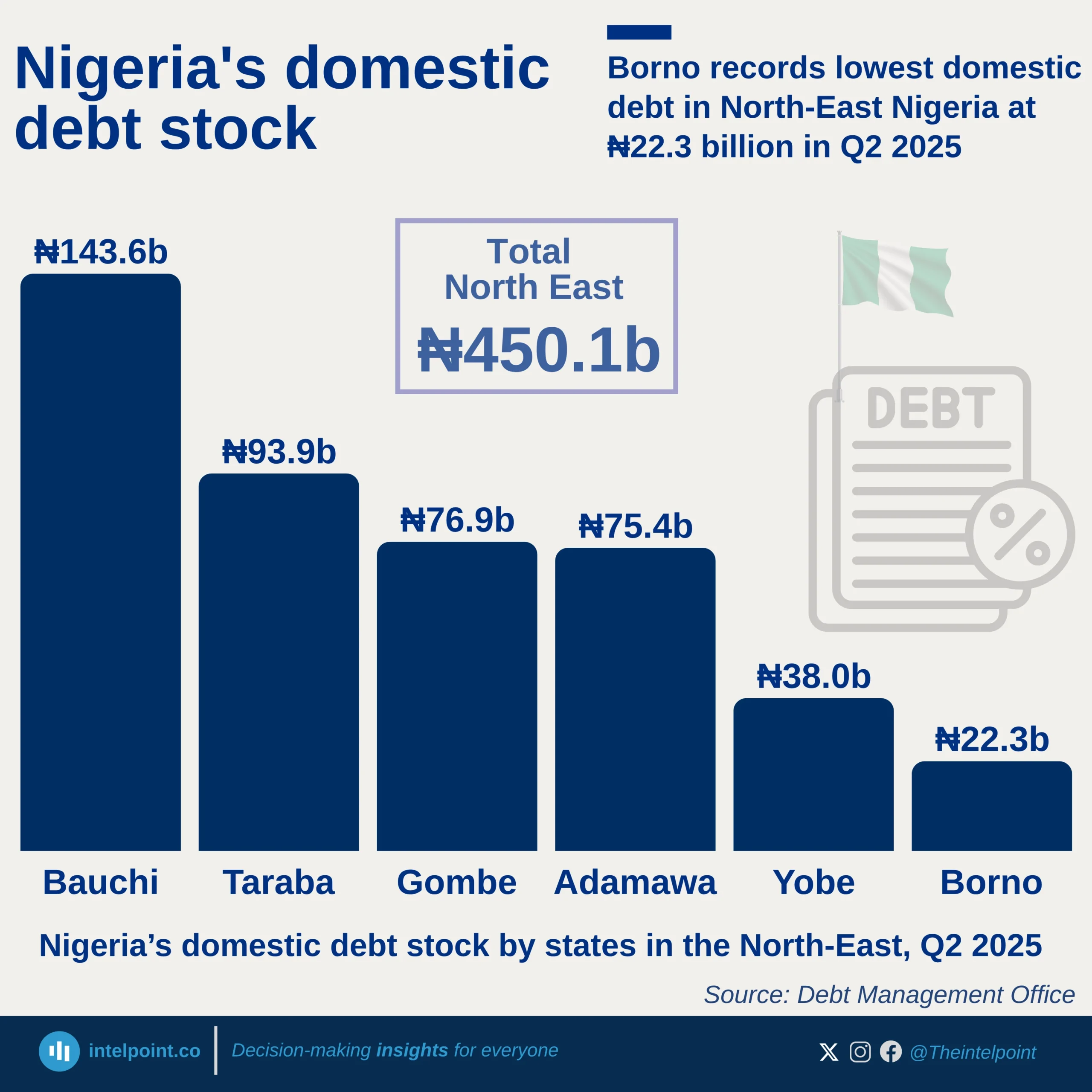In 2013, Lagos State's Internally Generated Revenue (IGR) stood at ₦384.26B, but by 2015, it had dropped to ₦268.22B, reflecting economic challenges. The state rebounded gradually, surpassing ₦300B in 2016 and reaching ₦382.18B in 2018, signalling steady financial recovery.
A major breakthrough came in 2019, when IGR skyrocketed to ₦646.61B, the highest single-year jump, likely fueled by stronger tax enforcement and revenue diversification. By 2021, Lagos hit ₦753.46B, reinforcing its dominance as Nigeria’s economic hub.
However, 2022 saw a dip to ₦651.15B, possibly due to economic slowdowns or policy adjustments. Yet, in 2023, Lagos bounced back stronger, reaching an all-time high of ₦815.86B, marking a 112% growth from 2013.
